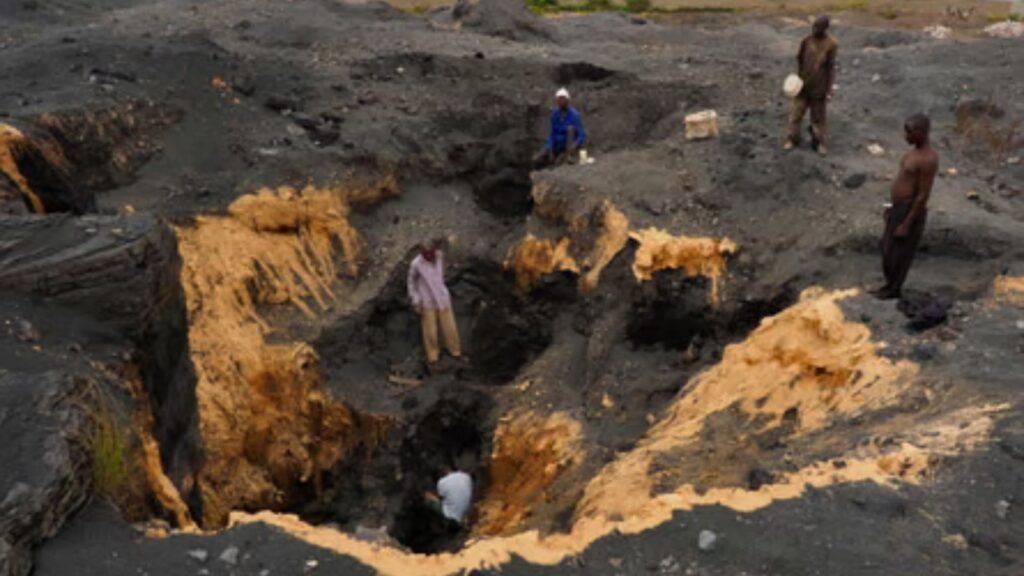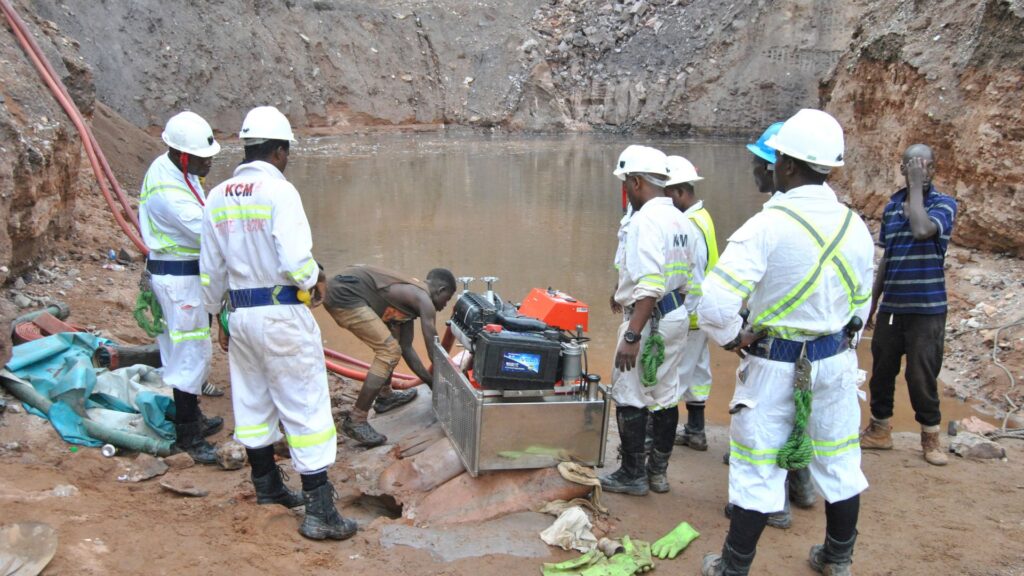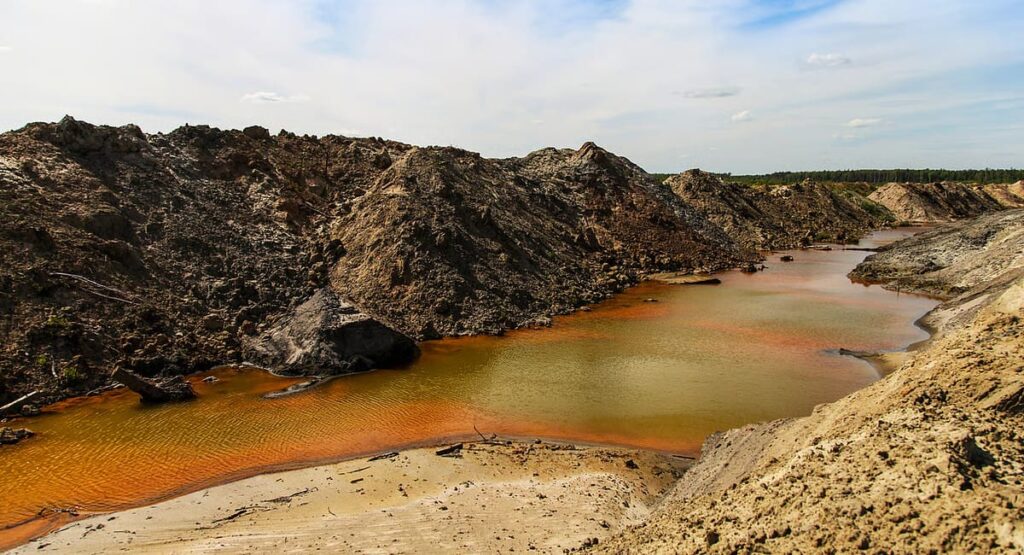Zambia played down the potential health risks stemming from an environmental disaster at a mine controlled by a state-owned Chinese firm, after the US ordered the immediate withdrawal of its officials from the southern African nation’s second-biggest city.

A waste dam collapsed at a copper mine owned by a local unit of China Nonferrous Mining Co. in February, spilling about 50 million liters (13 million gallons) of toxic sludge into a stream that ultimately flows into the Zambezi River. The US Embassy on Wednesday said newly available information revealed the extent of hazardous contamination, prompting it to evacuate personnel from the Kitwe area in the northern Copperbelt province.
The incident — which wiped out aquatic life along miles of river and crops in adjacent fields — ranks among the worst environmental disasters in Africa’s second-biggest copper producer. It highlights the risks of the government’s plan to triple output of the metal that’s key to the green-energy transition.

“The immediate danger to human, animal and plant life has been averted as we speak today. All serious implications on public health, water safety, agriculture and the environment have been brought under control,” Cornelius Mweetwa, the information and media minister, told reporters Thursday. “There is therefore no cause for alarm.”
Article content
Laboratory tests show pH levels have returned to normal and heavy metals concentrations are steadily decreasing, he said.



